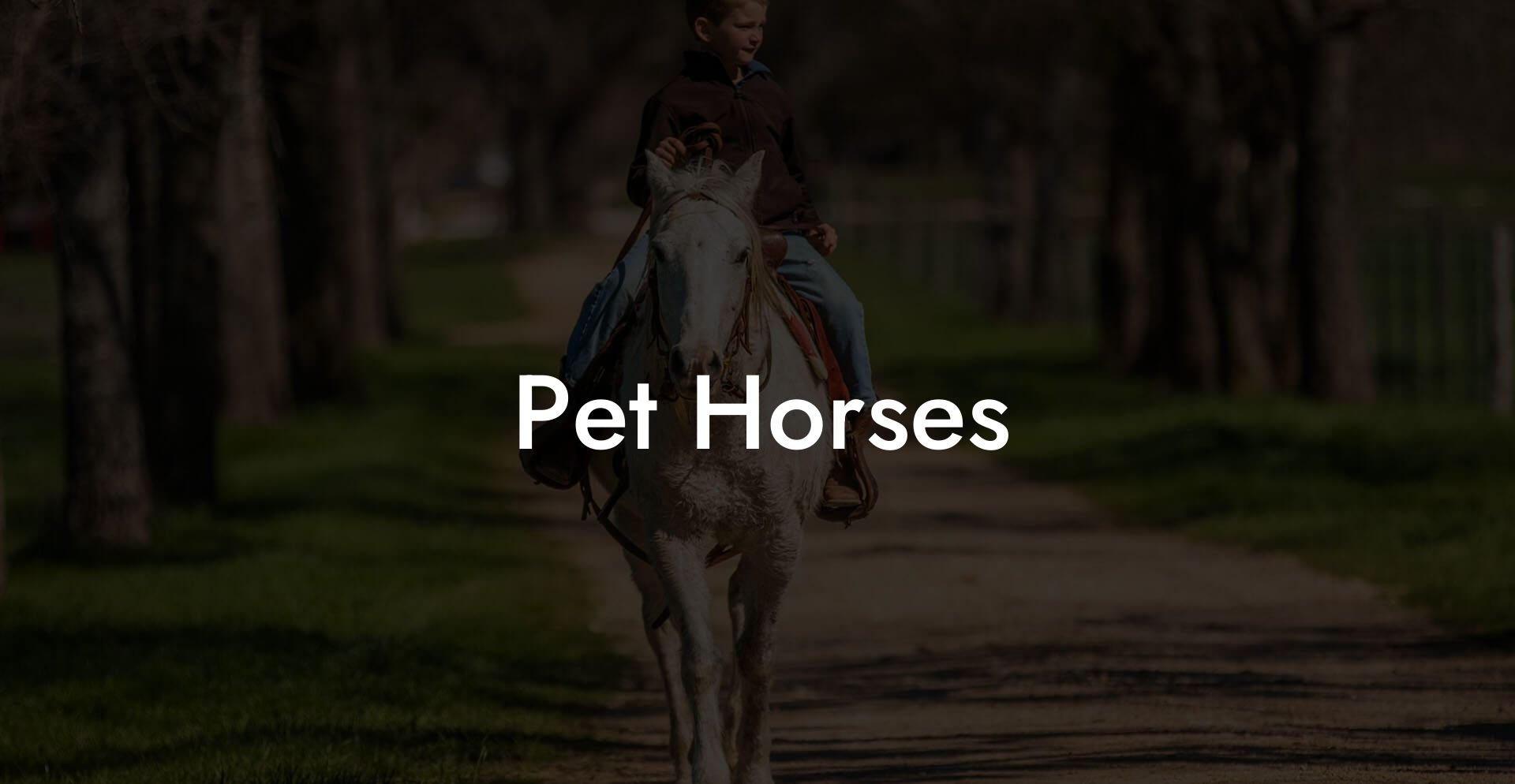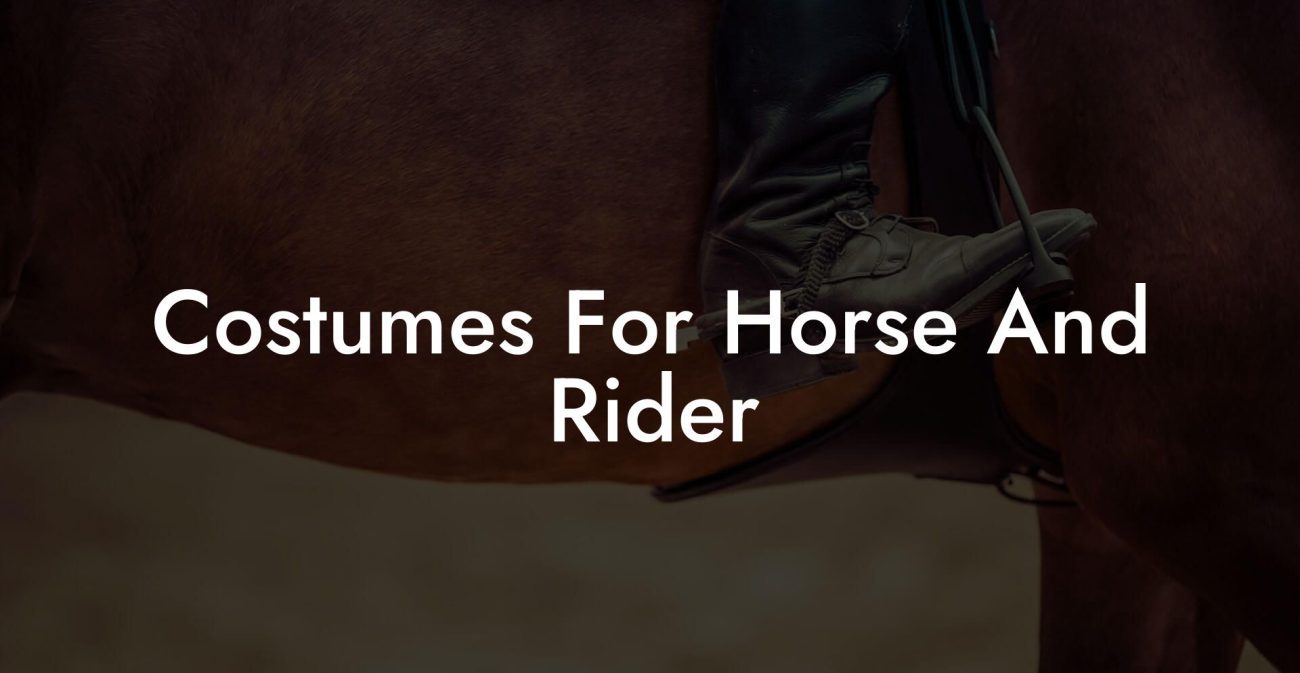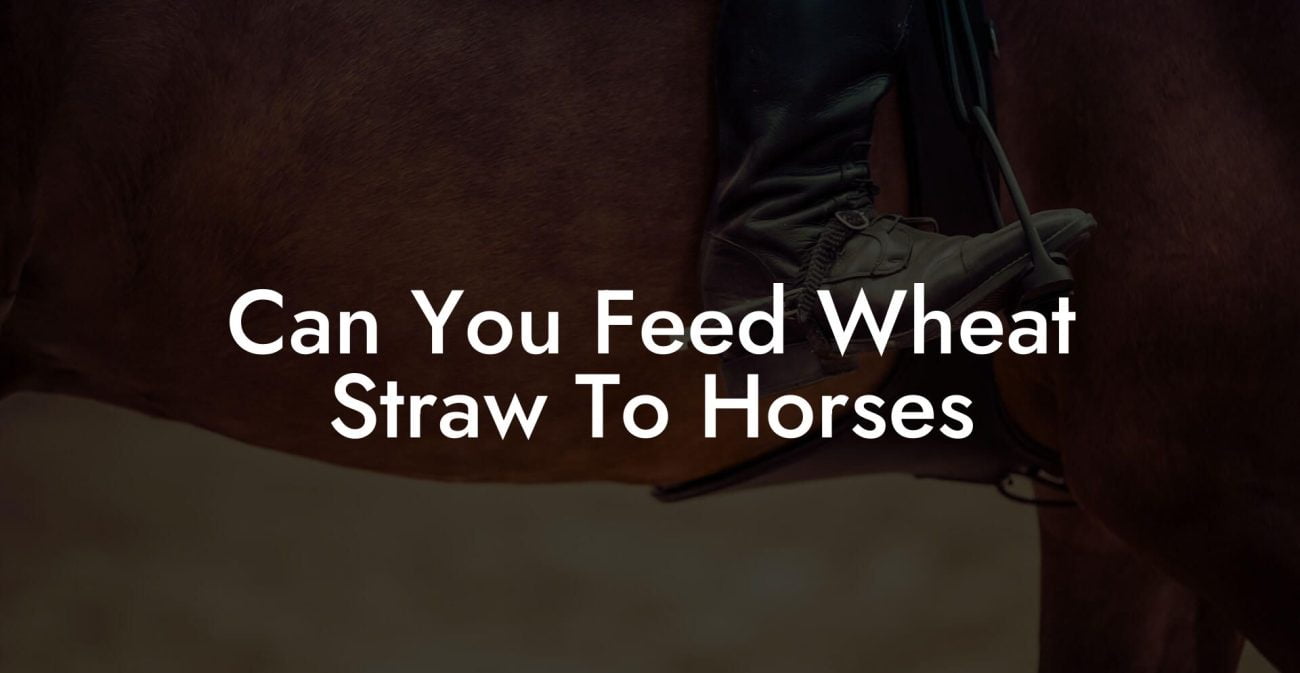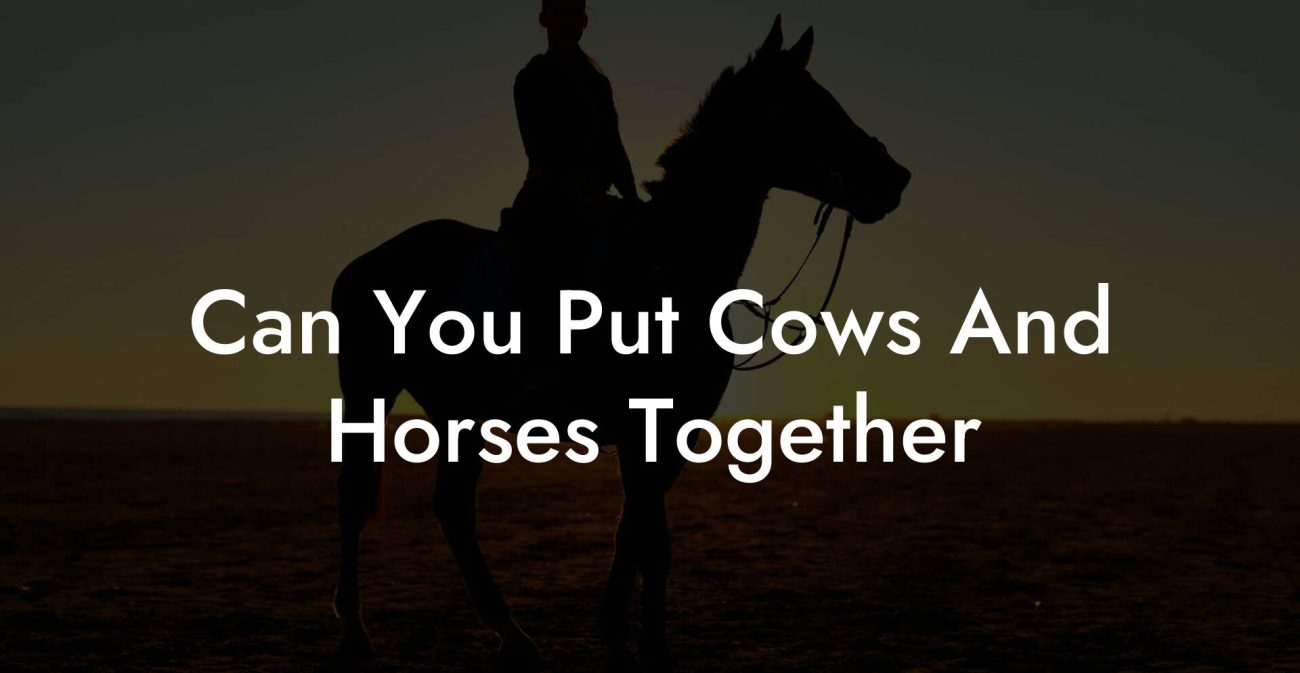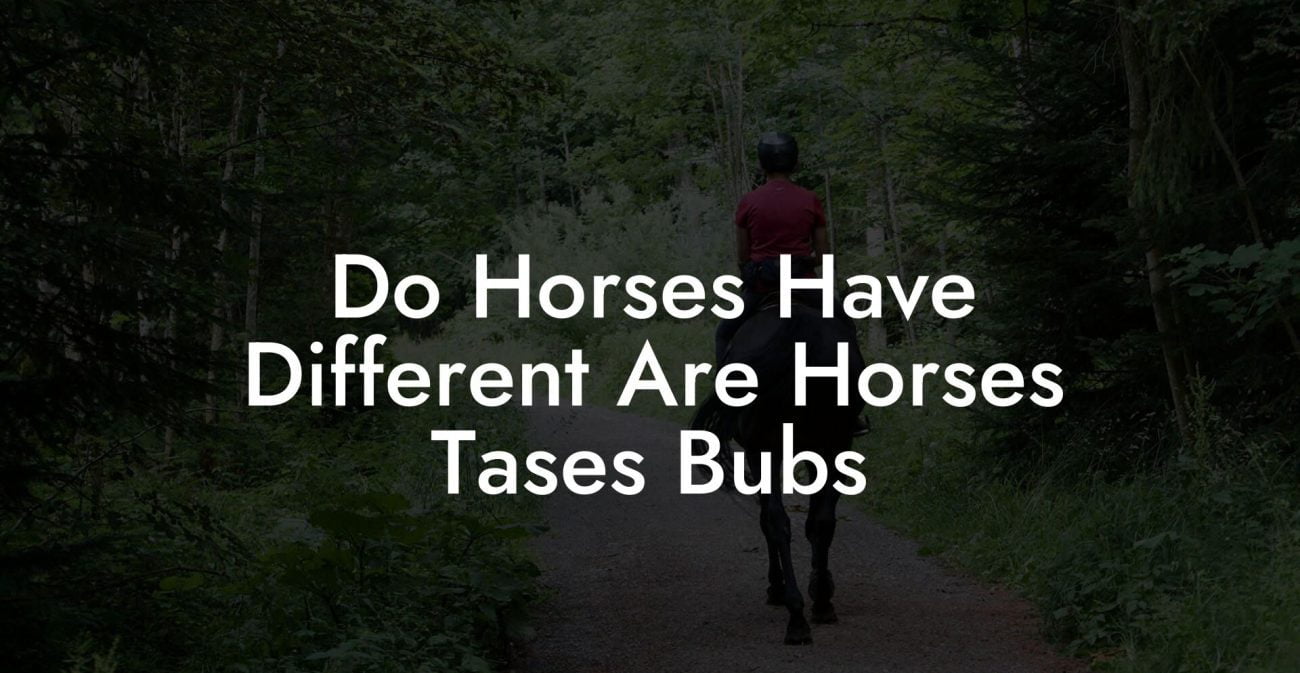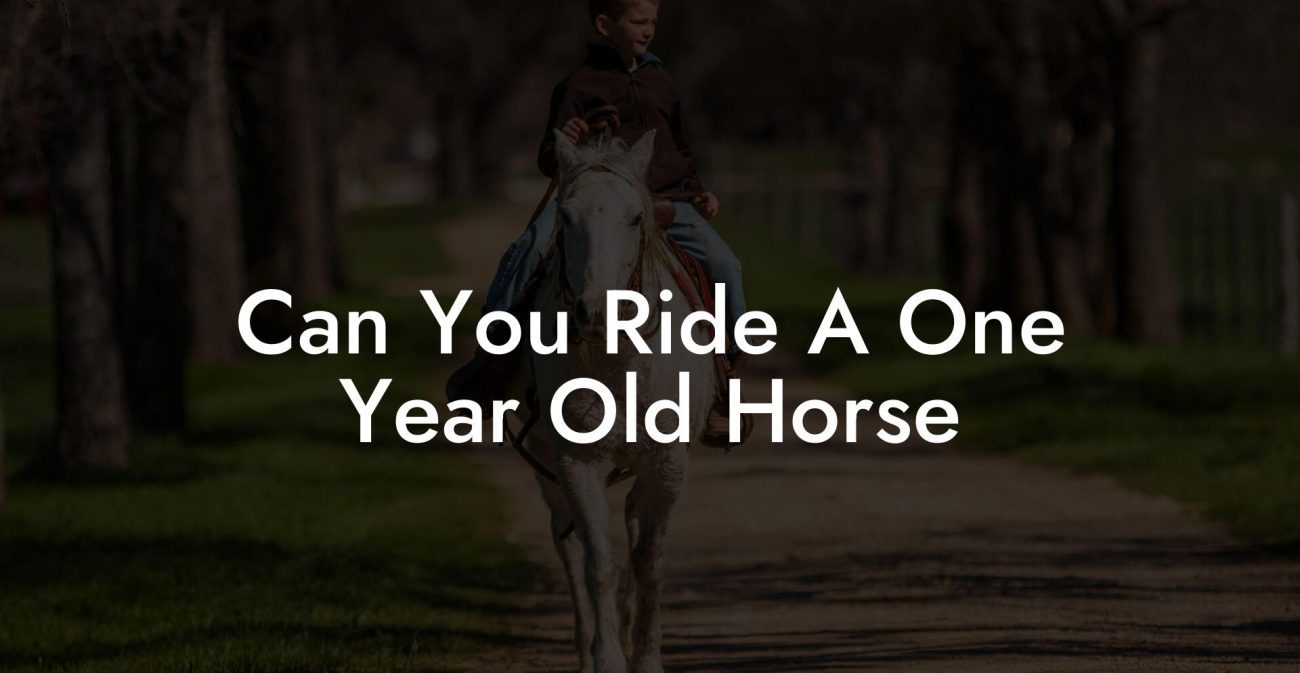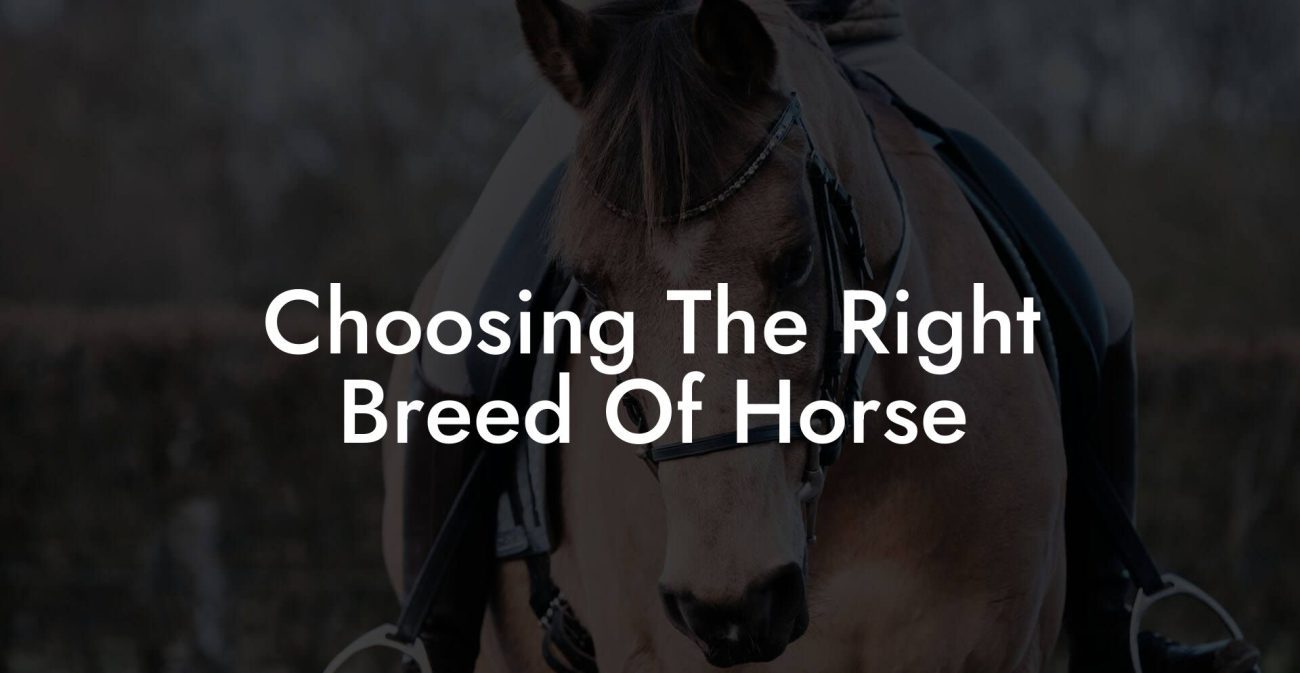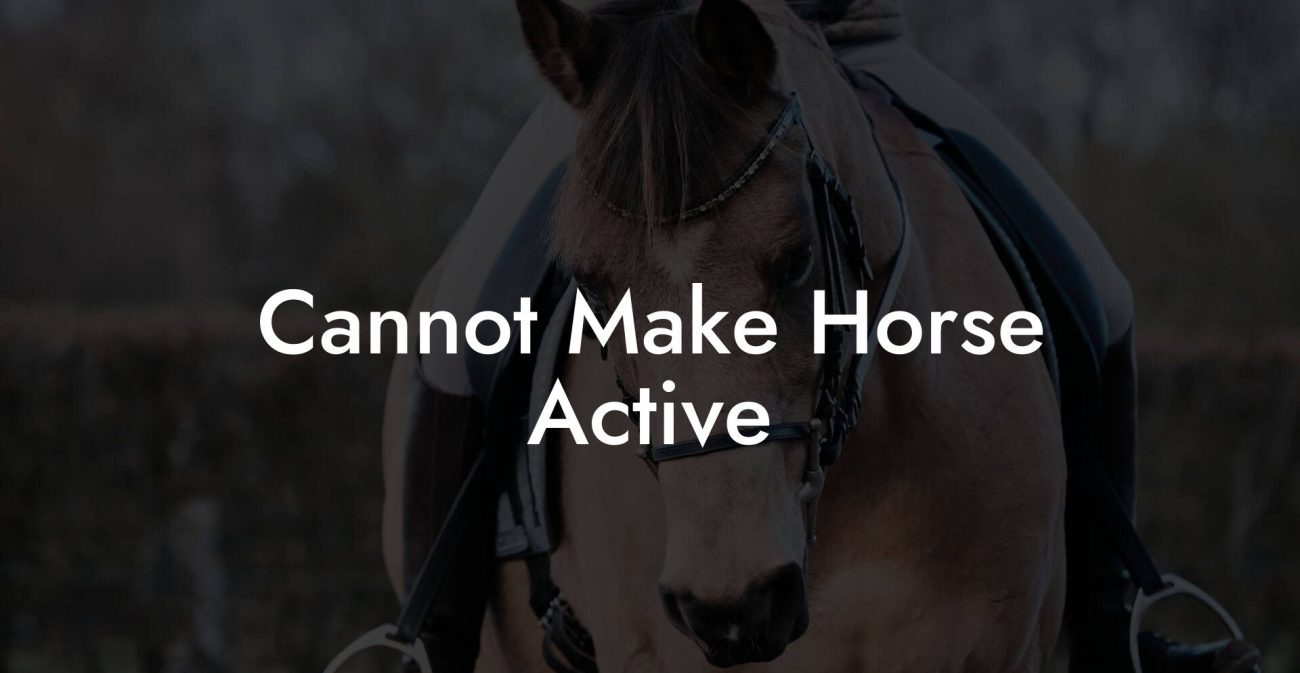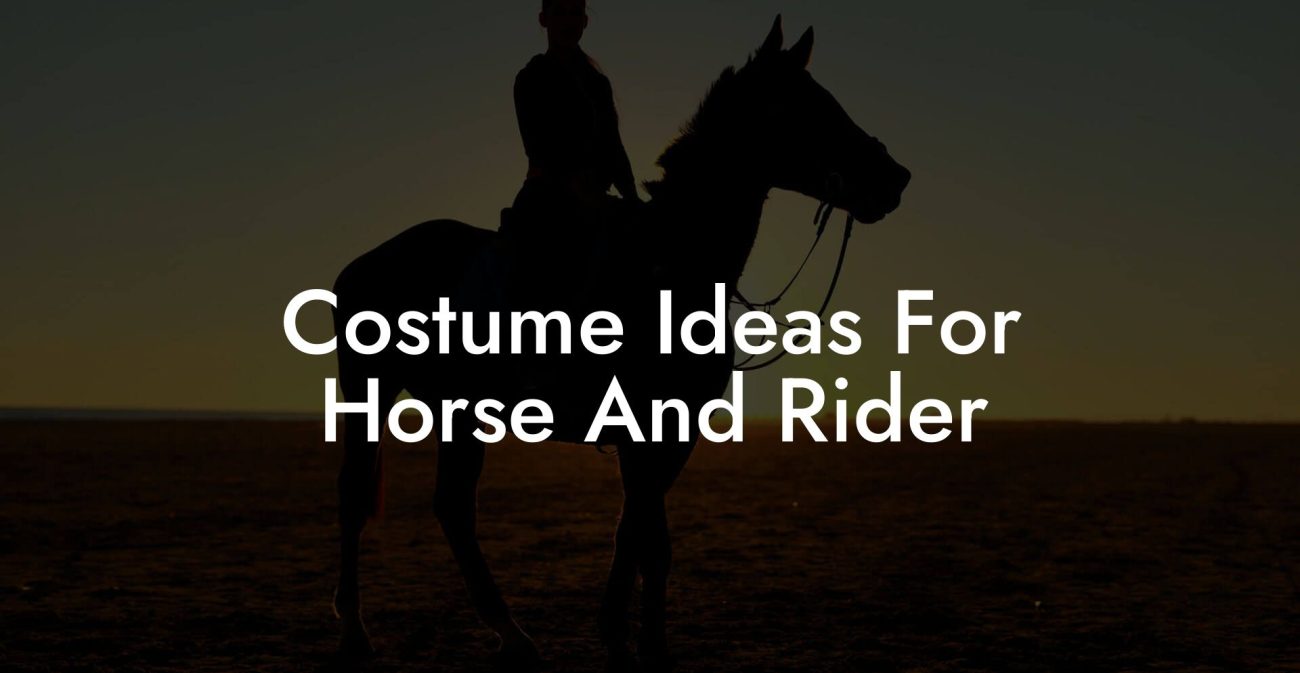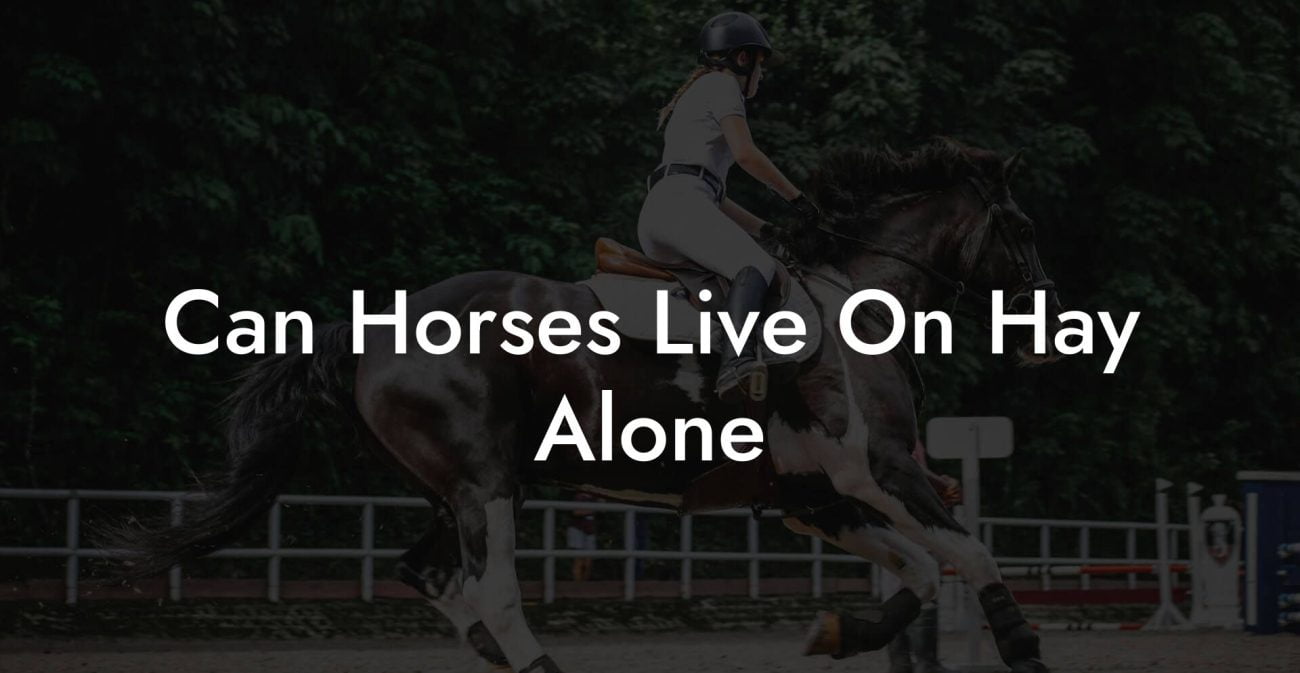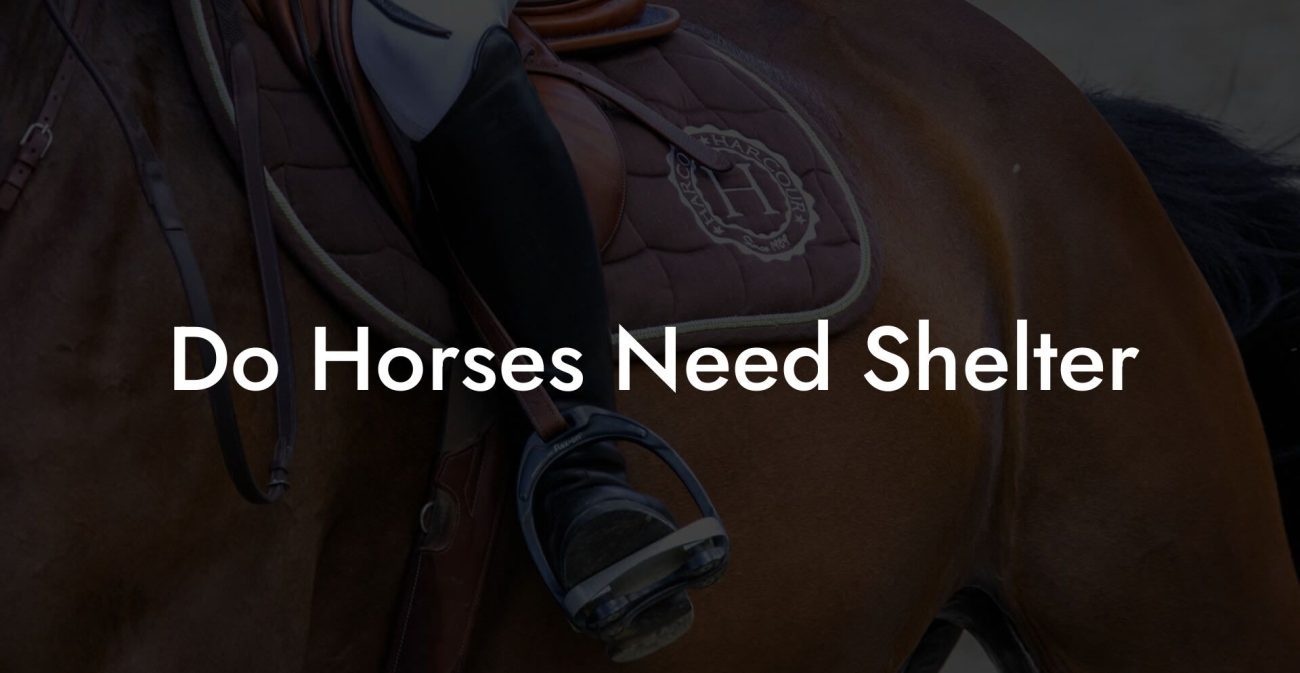Picture a majestic creature with soulful eyes, a silky mane flowing in the breeze, and a personality that could rival your favorite influencer, this is your pet horse, your loyal companion, and an emblem of equine freedom. In a world where Gen Z and millennials are redefining what it means to connect with nature and care for animals, pet horses are emerging as the ultimate trend. Whether you’re a seasoned equestrian or a curious beginner, this in-depth guide on pet horses is designed to equip you with everything you need to know about horse care, from nutrition and grooming to training and stable management. Get ready to gallop into the exciting intersection of tradition, technology, and modern animal care, served with a side of humor, authenticity, and a sprinkle of millennial charm.
Quick Links to Useful Sections
- Understanding Your Equine Best Friend
- Essential Elements of Caring for Your Pet Horse
- Nutrition and Feeding Regimens: Fueling Horsepower
- Grooming and Hygiene: More Than Just a Pretty Coat
- Equine Health and Preventative Care: Keeping Your Steed in Top Form
- The Art of Training, Socialization, and Bonding
- Creating a Safe and Stimulating Environment for Your Horse
- Seasonal Care: Adapting to Nature’s Rhythms
- Holistic and Integrative Approaches to Equine Care
- Real-Life Case Studies: Stories from the Stable
- Case Study 1: The Transformation of Bella
- Case Study 2: Rocky’s Road to Recovery
- Case Study 3: Luna’s Holistic Journey
- Resources and Community Support: Your Next Steps
- Frequently Asked Questions About Pet Horse Care
- Your Journey to a Rewarding Life with Pet Horses
Understanding Your Equine Best Friend
Pet horses are not just animals, they’re soulful companions that inspire freedom, adventure, and loyalty. In this section, we dive into the unique world of equine behavior, exploring what makes your four-legged friend tick and how you can build a relationship based on trust and understanding.
Every horse has a personality, ranging from the playful and energetic to the serene and introspective. Perhaps your horse is the life of the paddock, prancing with joy every morning, or maybe they’re more of a gentle soul who simply enjoys a quiet moment in the pasture. Recognizing these nuances is the first step in becoming a truly dedicated horse owner.
Although horses have been cherished companions for centuries, today’s pet horse owner has the advantage of modern insights into equine psychology, nutrition, and healthcare. From social media communities sharing training hacks to innovative tech that monitors vital signs, equine care is evolving at a breakneck pace. Embrace the change and let your pet horse thrive in this modern, connected world.
Essential Elements of Caring for Your Pet Horse
Caring for a pet horse is about blending traditional wisdom with modern methods. The core elements of good horse care include nutrition, grooming, exercise, and regular health maintenance. Here’s a look at each aspect:
- Nutrition: Fueling your horse with the right balance of nutrients is critical. Think of it as creating a gourmet menu that caters to their specific needs, ensuring they remain energetic and healthy.
- Grooming: Regular grooming not only keeps your horse looking their best but also helps in early detection of health issues. A well-groomed mane and a shiny coat are a reflection of a happy horse.
- Exercise: Daily exercise is key. Whether it’s a brisk trot around the field or a challenging obstacle course, physical activity helps keep your horse strong and agile.
- Stable & Environmental Management: Creating a safe, clean, and stimulating living space for your horse is crucial. A well-maintained stable paired with a secure pasture promotes mental and physical well-being.
- Regular Health Check-ups: Routine visits from your trusted veterinarian ensure that vaccinations, dental care, and deworming schedules are maintained, keeping health risks at bay.
Integrating these elements into your daily routine not only enhances the quality of life for your pet horse but also provides you with countless moments of joy and satisfaction as you watch them thrive.
Nutrition and Feeding Regimens: Fueling Horsepower
Just like humans, horses need a well-balanced diet that supports their energy requirements, muscle development, and overall health. The foundation of any great equine diet rests on high-quality forage, such as fresh pasture and hay, complemented by grains, vitamins, and mineral supplements.
Forage First: Roughage should make up the majority of your horse’s diet. Fresh, high-quality hay and access to lush pasture not only aid in proper digestion but also contribute to a shiny coat and overall vitality. Think of it as the equivalent of a farmer’s market spread, loaded with the freshest produce.
Grains and Concentrates: For horses with higher energy needs, such as those in training or heavy work, small quantities of grains and specially formulated concentrates can make a difference. These supplements should be introduced gradually and in consultation with your veterinarian or equine nutritionist.
Hydration is Key: Always ensure that your horse has access to fresh, clean water. Hydration supports digestion, regulates body temperature, and prevents issues like colic, a potentially life-threatening condition.
Special Dietary Considerations: Every horse is unique, and factors such as age, weight, and activity level can influence their dietary needs. For example, senior horses may require easily digestible feeds and joint supplements, whereas young horses might benefit from diets that support rapid growth and bone development.
Supplemental Boosters: Consider integrating omega fatty acids, probiotics, and specially formulated vitamins into their diet. These help improve coat condition, boost immunity, and maintain gut health, ensuring your pet horse remains in peak condition.
By tailoring your horse’s feeding regimen based on their unique needs, you empower them with the energy and nutrients required to lead an active, vibrant life.
Grooming and Hygiene: More Than Just a Pretty Coat
Grooming your pet horse is about more than aesthetics, it’s an essential aspect of health care that helps prevent disease and strengthens the bond between you and your equine companion. Regular grooming sessions not only keep your horse’s coat looking fabulous but also serve as a vital part of their daily routine.
The Daily Brush-Up: Brushing is a simple yet effective way to remove dirt, dust, and loose hair from your horse’s coat. Use a soft curry comb to massage their skin and a stiff brush to get rid of the remaining grime. This ritual is especially beneficial during shedding season when keeping the coat tidy can reduce the risk of skin conditions.
Mane and Tail Maintenance: A disheveled mane can be charming, but regular combing and detangling prevent mats and tangles that can lead to discomfort and skin irritations. For those who love a chic equestrian look, braided manes and tails are trendy choices that blend function with style.
Hoof Care: One of the most critical aspects of horse grooming is hoof care. Daily cleaning of the hooves, followed by routine trimming by a farrier, helps prevent common ailments such as thrush and laminitis. Ensuring your horse’s hooves are in top shape is akin to maintaining the tires on a car, it’s essential for safe and comfortable movement.
Bath Time Bonanza: While horses don’t need a full bath every day, occasional washing with horse-specific shampoo can keep them cool and clean, particularly during hot weather. Just be sure to dry them thoroughly afterward to avoid conditions like rain rot.
Transforming grooming into a fun, interactive experience can make it something both you and your horse look forward to. Turn on some upbeat music, chat with your four-legged friend, and enjoy the moments of calm and connection.
Equine Health and Preventative Care: Keeping Your Steed in Top Form
Just as we schedule regular check-ups with our doctors, your pet horse requires consistent veterinary care to stay healthy. Preventative care is the cornerstone of equine health and involves a proactive approach to detecting issues before they become major concerns.
Routine Veterinary Visits: Schedule regular visits with an equine veterinarian to perform comprehensive health assessments. These check-ups often include vaccinations to prevent contagious diseases, dental examinations to ensure optimal chewing and digestion, and deworming protocols to combat internal parasites.
Dental Care: Horses have continuously growing teeth, and without proper dental maintenance, problems such as malocclusion or ‘sharp points’ can develop, leading to difficulty chewing and general discomfort. Regular dental check-ups and floating (filing down of teeth) are essential parts of maintaining your horse’s oral health.
Ear, Eye, and Skin Examinations: Look out for any abnormalities in your horse’s ears, eyes, or skin. Early signs of infections or irritations can often be spotted during daily grooming sessions, so remain vigilant and consult your vet at the first sign of trouble.
Vaccinations and Parasite Control: Maintaining your horse’s vaccination schedule is critical for protecting them from diseases such as tetanus, rabies, and equine influenza. Additionally, implementing a parasite control program, tailored to your geographical location and your horse’s specific needs, can prevent infestations and boost overall health.
Emergency Preparedness: It pays to be prepared. Keep a well-stocked equine first-aid kit on hand, and familiarize yourself with basic emergency procedures. From minor cuts to more severe injuries, knowing how to respond swiftly can make all the difference.
With routine check-ups and preventative measures in place, you’re not only safeguarding your horse’s future, but you’re also enhancing their quality of life, ensuring they’re always ready for the next adventure.
The Art of Training, Socialization, and Bonding
Building a strong, trusting relationship with your pet horse is the heart and soul of responsible horse care. Whether you’re aiming to teach basic commands or embarking on advanced riding techniques, training your horse is an art that requires patience, consistency, and a touch of creativity.
Positive Reinforcement: Gone are the days of punishment-based training. Today’s successful trainers lean into the power of positive reinforcement, rewarding good behavior with treats, praise, or a gentle pat on the neck. This method not only fosters a trusting bond but makes training sessions enjoyable for both you and your equine companion.
Socialization: Horses are herd animals by nature, and social interaction is imperative to their emotional well-being. Regularly introduce your horse to new companions, environments, and experiences to build confidence and reduce anxiety. Whether it’s a group turnout in the pasture or a visit to a local equestrian event, socialization can transform your horse into a well-rounded, adaptable friend.
Basic Commands and Advanced Skills: Start training with the basics, commands such as “walk,” “trot,” and “whoa” are essential. As your horse grows more confident, you can progress to more advanced techniques like trail riding, obstacle courses, and even engaging in competitive disciplines. Using modern training tools like clickers or wearable tech that monitors heart rate can add a tech-savvy twist to traditional methods.
Building a Bond: Genuine bonding goes beyond the structured training sessions. It’s found in the quiet moments, like sharing an apple under the open sky, a gentle pat during grooming, or simply spending time together in the stable. This connection not only enriches your relationship but also has measurable benefits on your horse’s behavior and stress levels.
Whether you’re kicking off your day with a sunrise saddle session or winding down with a leisurely walk in the paddock, the time spent training and bonding with your pet horse is truly priceless.
Creating a Safe and Stimulating Environment for Your Horse
A safe, clean, and stimulating environment is just as important as proper nutrition and training when it comes to caring for your pet horse. Your goal is to build a sanctuary that allows your four-legged friend to feel at home, thrive, and express natural behaviors confidently.
Stable Management: Your horse’s stable is more than a simple shelter, it’s their personal haven. Regular cleaning to remove manure, dust, and cobwebs is critical. Ensure that bedding materials like straw or shavings remain comfortable and dry, reducing the risk of respiratory issues or skin irritations.
Pasture Perfection: Complement the stable environment with a well-maintained pasture. Rotational grazing practices not only preserve the quality of the forage but also prevent overgrazing and parasite buildup. Incorporate natural shade, water sources, and safe fencing to create a secure, engaging outdoor space.
Safe Handling Facilities: Designate specific areas for grooming, feeding, and administering basic first aid. Clean, spacious wash racks and holding areas not only facilitate daily routines but also reduce the risk of injury during handling.
Technology and Modern Innovations: Embrace modern innovations such as equine management apps, motion sensor lights in stables, and even automated waterers. These technologies can simplify day-to-day operations and ensure that your horse’s environment remains safe and comfortable.
Creating an environment that balances tradition and modernity is key to keeping your pet horse happy, healthy, and ready for every new day.
Seasonal Care: Adapting to Nature’s Rhythms
Nature doesn’t pause for the seasons, and neither should your horse care routine. Seasonal changes can dramatically affect a horse’s needs, from the scorching heat of summer to the biting cold of winter, and mastering these changes is essential for year-round well-being.
Summer Care: Hot weather calls for extra hydration, shade, and cooling strategies. Ensure your horse has constant access to fresh water, and incorporate salt blocks to maintain electrolyte balance. Misting systems or fans in the stable can also help prevent heat stress during sweltering days.
Winter Wellness: In colder months, provide adequate bedding, supplemental feeds if necessary, and stall heaters to combat the chill. Regularly check water sources to prevent freezing, and be mindful of extra calories needed to help your horse maintain body heat.
Spring and Fall Transitions: These are periods of change, and your horse’s routine might need gentle adjustments to accommodate fluctuating temperatures and weather conditions. Spring cleaning for stables, parasite control during the warmer months, and gradual adjustments in feeding schedules can make a significant difference.
Adjusting your care regimen according to the seasons ensures that your pet horse remains comfortable, healthy, and ready to adapt to nature’s every whim.
Holistic and Integrative Approaches to Equine Care
Beyond the basics, many modern horse owners are embracing holistic and integrative approaches to equine care. This movement blends conventional veterinary practices with complementary therapies, all designed to nurture your horse’s body, mind, and spirit.
Herbal and Natural Remedies: From herbal supplements made with yucca and garlic to essential oil treatments for skin irritations, natural remedies can provide extra support for your horse’s health. Always consult with an equine specialist before introducing new supplements into your horse’s routine.
Acupuncture for Horses: Yes, acupuncture isn’t just for humans. Many horse owners are turning to acupuncture as a way to relieve chronic pain, reduce muscle tension, and improve overall well-being in their equine companions. It’s a fascinating intersection of tradition and modern science.
Mind-Body Connection: While horses may not meditate in the same way we do, creating a calm and stress-free environment can have a profound impact on their health. Techniques such as calming music in the stable, gentle grooming sessions, and plenty of social time with herd mates all contribute to a serene atmosphere.
Integrative Therapy Plans: Some progressive stables now incorporate personalized therapy plans that include acupuncture, chiropractic adjustments, and even physical therapy exercises designed specifically for horses. These plans are tailored to each horse’s unique needs, ensuring they receive the best possible care from head to hoof.
Embracing a holistic approach means looking beyond surface-level care. By considering the overall lifestyle, emotional well-being, and natural environment of your horse, you’re setting the stage for a truly enriched, balanced life.
Real-Life Case Studies: Stories from the Stable
There’s nothing quite as inspiring as real-life success stories that showcase the transformative power of dedicated horse care. Here are a few case studies from pet horse owners who have embraced innovative, integrative strategies to elevate their equine companions’ quality of life.
Case Study 1: The Transformation of Bella
Bella was a spirited mare with a history of erratic behavior and frequent bouts of lameness. Her owner, Jessie, a tech-savvy millennial with a passion for holistic health, decided to overhaul Bella’s care routine. By integrating a balanced diet featuring premium hay, nutrient supplements, and fresh pasture, along with regular acupuncture sessions and daily grooming rituals, Bella experienced a remarkable transformation. Over the course of several months, Bella’s energy levels soared, her gait improved, and she developed a more relaxed demeanor both in and out of the stable.
Case Study 2: Rocky’s Road to Recovery
Rocky, a robust gelding with an adventurous spirit, suffered from recurring hoof issues due to inconsistent farrier care and a suboptimal diet. His dedicated owner, Mark, decided to implement a comprehensive health plan that included a strict hoof care regimen, routine dental check-ups, and a nutrient-rich feed plan. Combined with modern tracking technology that monitored Rocky’s daily activity and vital signs, this integrative approach not only resolved his hoof problems but also boosted his overall endurance and performance.
Case Study 3: Luna’s Holistic Journey
Luna, a gentle and sensitive mare, often struggled with anxiety during thunderstorms and in crowded environments. Her owner, Tasha, introduced a blend of holistic therapies including calming herbal supplements, yoga-inspired stretching routines adapted for equines, and daily mindfulness sessions in a quiet paddock. Through these integrative practices, Luna’s stress levels reduced significantly, and she gradually learned to navigate chaotic situations with calm and focus.
These stories are a testament to the fact that when you combine traditional horse care with innovative, integrative approaches, the results can be truly transformative. They remind us that every horse deserves a personalized, compassionate approach that caters to both their physical and emotional needs.
Resources and Community Support: Your Next Steps
Embarking on a journey to care for your pet horse is both thrilling and challenging. Luckily, you’re not alone on this ride! There are vibrant online communities, local equestrian clubs, and expert forums where empathy meets expertise. Connect with fellow horse enthusiasts on platforms like Instagram, TikTok, and dedicated equine forums to share your latest grooming tips, training breakthroughs, and even the occasional hilarious stable mishap.
Online Communities: Join Facebook groups dedicated to horse care, follow influential equestrian accounts on Instagram for a daily dose of inspiration, or subscribe to YouTube channels that offer step-by-step tutorials on everything from saddle fitting to natural remedies for horses.
Local Equestrian Clubs and Events: Nothing beats face-to-face interaction with like-minded horse lovers. Look for local equestrian events, clinics, or even virtual meet-ups where you can swap stories, share resources, and learn from seasoned professionals.
Mobile Apps and Tech Tools: Embrace modern tools like equine care apps that help manage feeding schedules, track health metrics, and even schedule reminders for hoof care and veterinary visits. This tech-savvy approach ensures you stay on top of every aspect of your horse care routine.
Educational Resources: There’s a treasure trove of information available for the modern horse owner. From online courses on equine nutrition and training to blogs written by experienced horse enthusiasts, continuous learning is the key to successfully adapting to the ever-evolving world of horse care.
Taking these next steps not only enriches your knowledge but also strengthens the community around you. Remember, every tip you share and every question you ask contributes to a richer, more supportive environment for all horse enthusiasts.
Frequently Asked Questions About Pet Horse Care
Here are some of the most common questions pet horse owners have about equine care, along with expert answers to help you navigate your journey:
1. What are the most critical components of a horse’s diet?
High-quality forage (hay and pasture) forms the foundation of a horse’s diet, supplemented with grains, vitamins, and minerals based on its activity level, age, and health needs.
2. How often should I groom my pet horse?
Daily grooming is ideal for maintaining a healthy coat, monitoring for injuries or skin issues, and building a trusting relationship with your horse.
3. What vaccinations and preventative measures are essential?
Regular veterinary visits should include vaccinations, dental care, and deworming protocols. Your vet can help tailor a preventative care schedule based on your horse’s specific needs.
4. How can I keep my horse mentally stimulated?
Regular exercise, socialization, varied training routines, and a well-managed environment with new challenges (like obstacle courses and varied terrains) can keep your horse mentally engaged.
5. Are there natural remedies that help with common equine ailments?
Yes! Many horse owners have success with herbal supplements, essential oils, and acupuncture for minor irritations, joint pain, and stress management, though it’s important to consult with your veterinarian first.
6. How do I choose the right farrier for my horse?
Look for a farrier who is experienced, well-reviewed in your local equestrian community, and who communicates clearly about your horse’s specific hoof care needs.
7. What are some effective training techniques for a new horse owner?
Positive reinforcement, clear communication, consistency, and patience are the cornerstones of effective equine training. Many modern trainers use tools like clickers and wearable trackers to monitor progress.
8. How can I prepare my horse for seasonal changes?
Adjust your horse’s feeding regimen, provide appropriate shelter and bedding, and monitor water quality to ensure your pet horse remains healthy as the weather shifts.
These frequently asked questions are just the tip of the iceberg when it comes to the nuances of pet horse care. Tailor the advice according to your horse’s personality and needs.
Your Journey to a Rewarding Life with Pet Horses
Owning a pet horse is a journey filled with excitement, challenges, and the kind of deep, fulfilling connection that’s hard to find in any other relationship. As you navigate the world of equine care, remember that every brush stroke, every carefully planned meal, and every training session contributes to a life of greater harmony between you and your beloved horse.
With a blend of traditional practices and modern innovations, you have the tools to create an environment where your horse can flourish. No matter if you’re managing a chic urban stable or a sprawling country pasture, the principles of quality care, love, and commitment remain the same.
Embrace your passion, share your journey with the growing community of modern equestrians, and let every trot, gallop, and quiet moment in the field remind you that you’re part of a tradition rich with heritage, yet vibrant with new ideas. The road ahead is exciting, saddle up, stay curious, and prepare to experience an adventure that intertwines passion, responsibility, and endless opportunities for growth.
Your journey with your pet horse is more than just care, it’s a lifestyle, a community, and a legacy in the making. Celebrate the ride, trust in your ability to nurture and learn, and most importantly, enjoy every hoofbeat along the way.

